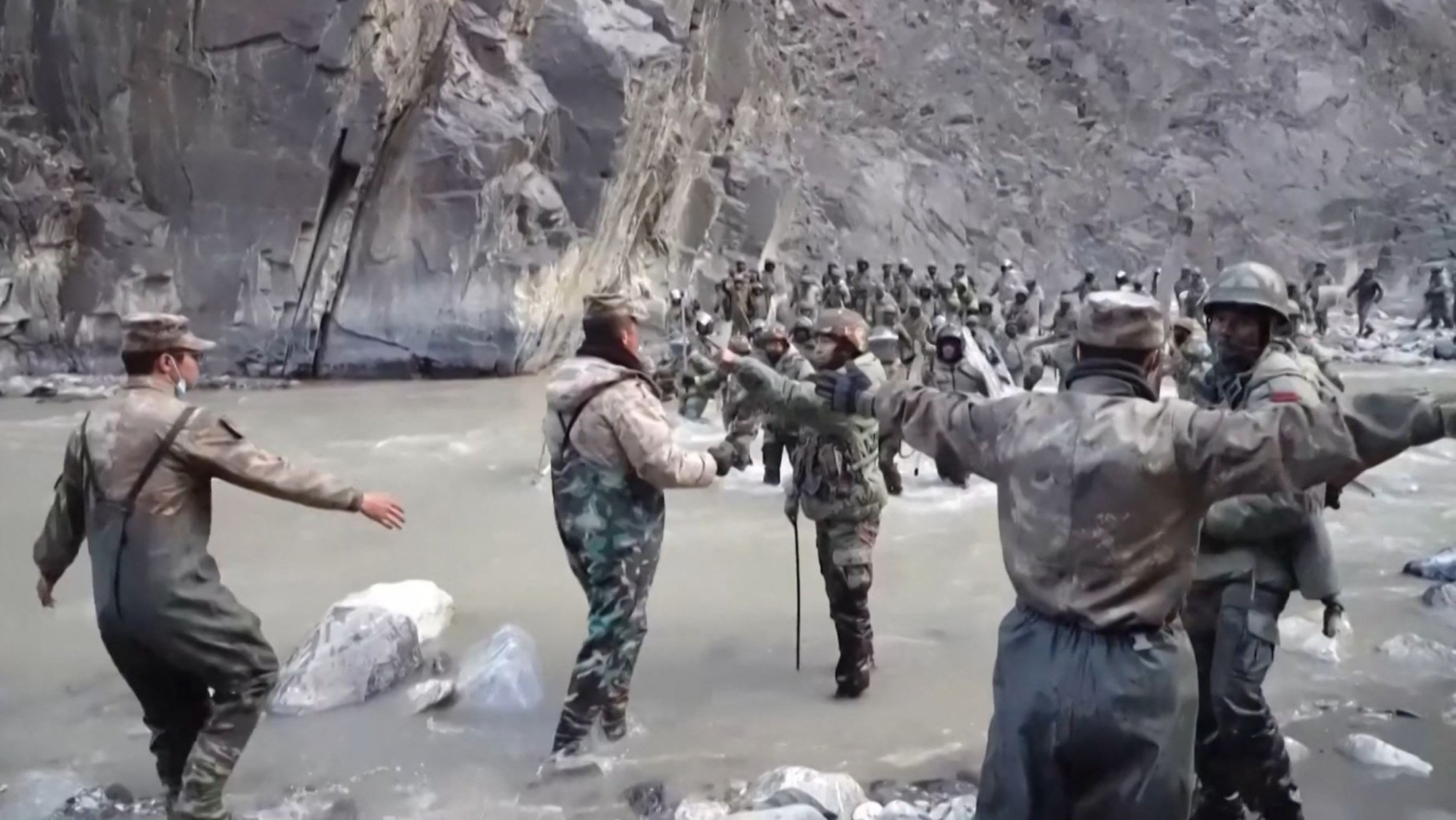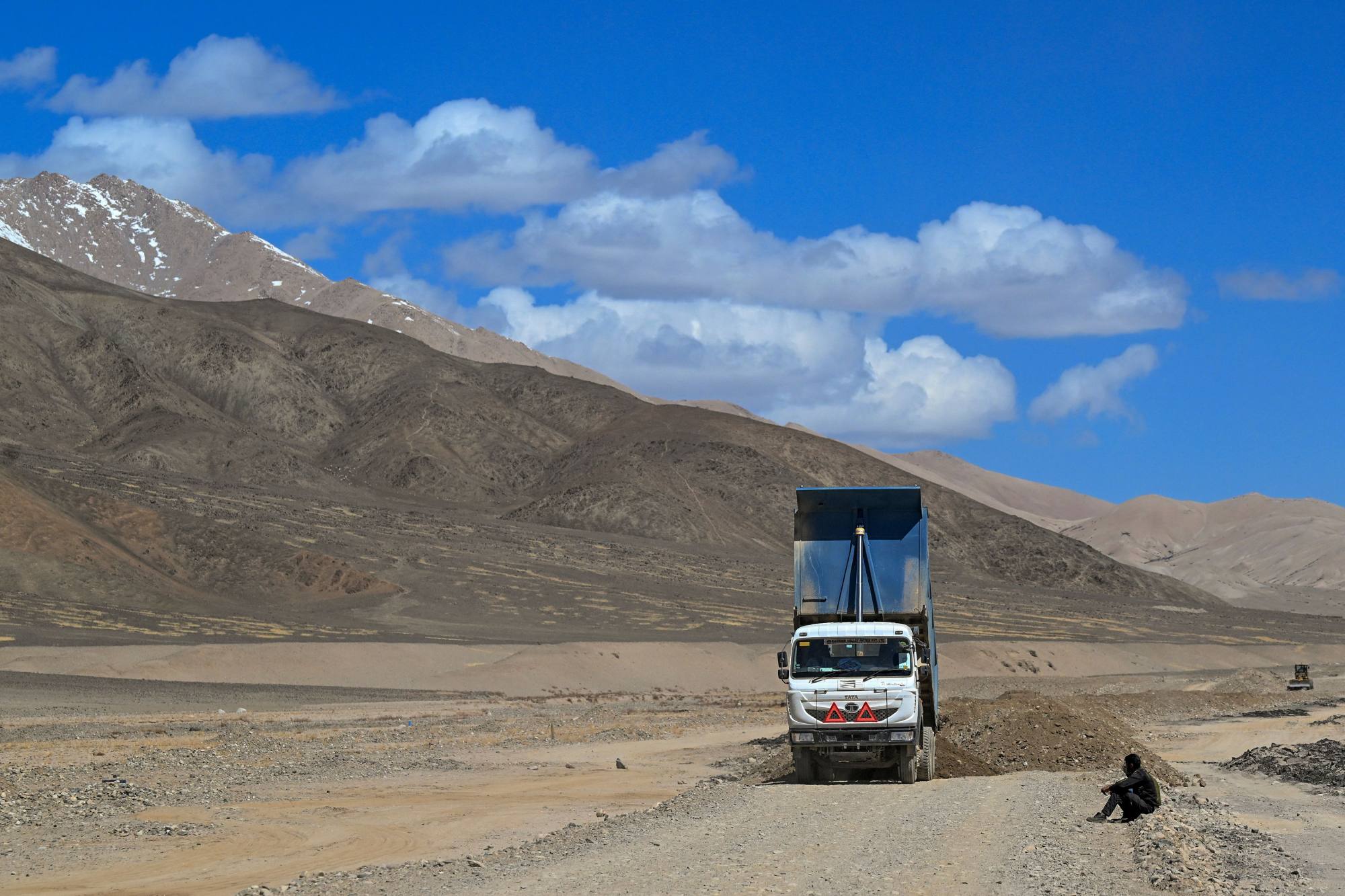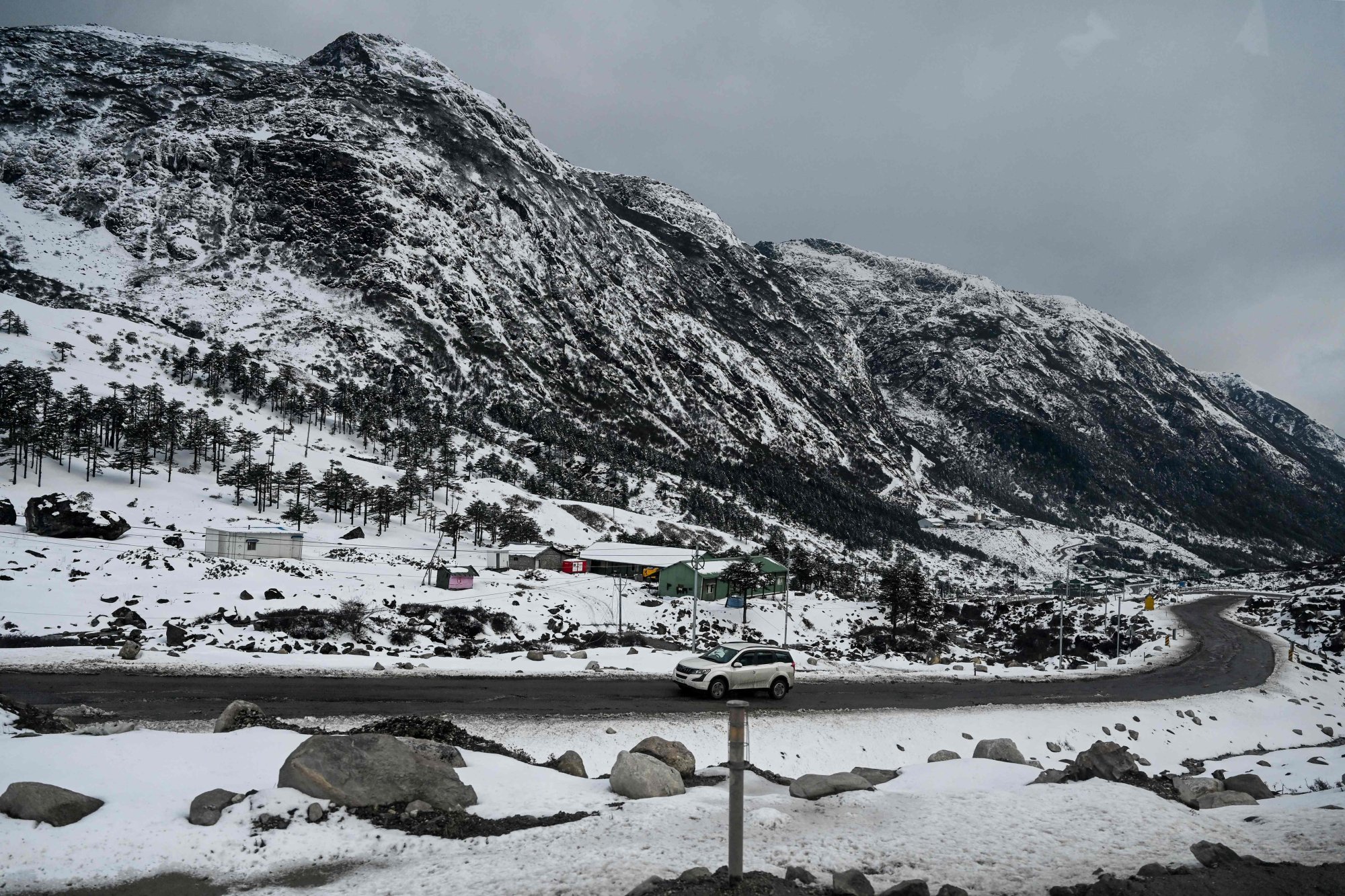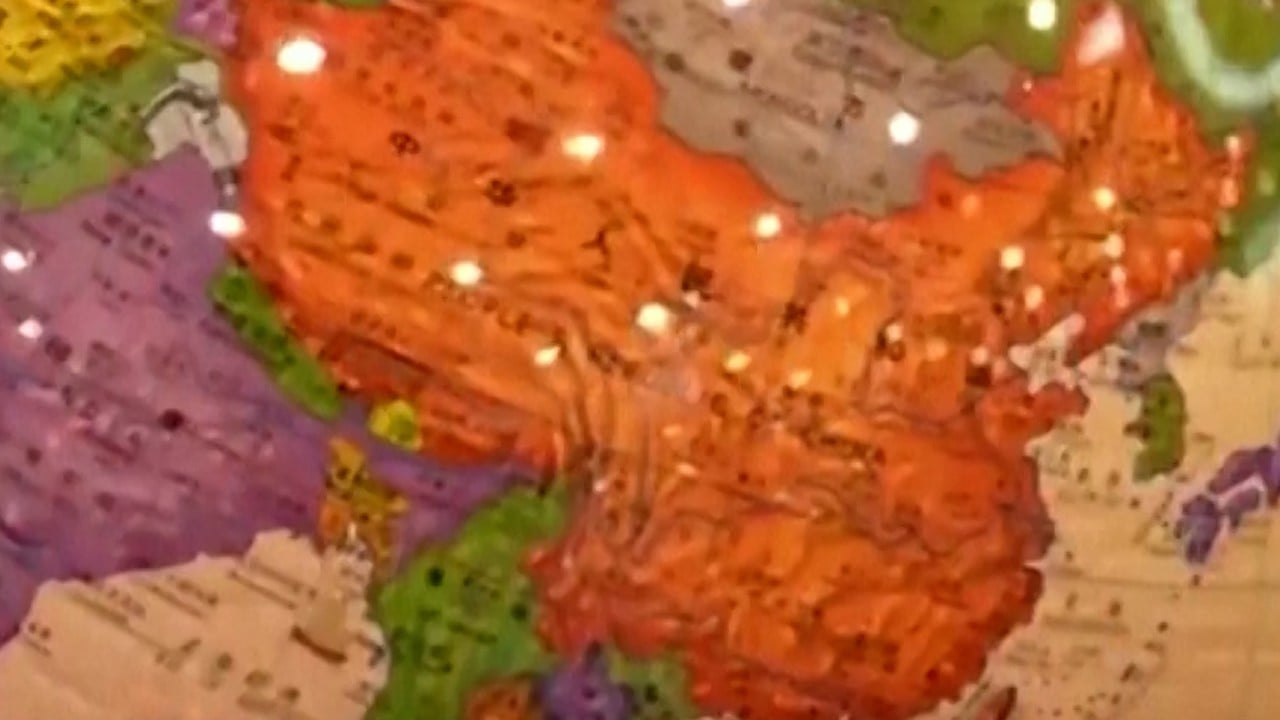This claim is based on historical assertions that the region has been part of China since ancient times. The dispute can be traced back to the 1962 Sino-Indian War and is complicated by the lack of a mutually agreed-upon border.

Beijing’s latest name changes, involving 30 places including residential areas, mountains and water bodies, occurred in March this year.
In response, India is reportedly planning to rename around 30 places in China’s Tibet region, according to a report by The Diplomat on June 5.
“Prime Minister Modi has sought to win these polls on the strength of his strongman image. It is natural he will authorise the renaming of Tibetan places to live up to that image,” former Intelligence Bureau officer Benu Ghosh, who has followed China and the border issue with India for decades, was quoted as saying by The Diplomat.
The purported renaming plan comes soon after India’s newly elected coalition government, led by Modi, took office earlier this month.
Saheli Chattaraj, an assistant professor of Chinese studies at Somaiya Vidyavihar University, told This Week in Asia that India was taking a more assertive stance against China as it sought to become a major global power in Modi’s third term.
India and China have been in a military stand-off at their shared border ever since the 2020 deadly Galwan Valley clashes in eastern Ladakh that resulted in the deaths of 20 Indian soldiers and four Chinese troops.
In January 2021, another border skirmish in Sikkim state resulted in injuries to troops on both sides.
To resolve the stand-off, the two sides have conducted 21 rounds of military talks to date.

“If China continues to ignore restoring stability at the borders, India-China relations might still face a setback, unable to restore normalcy,” Chattaraj said, noting that it was in both nations’ interest to resolve border tensions and boost cooperation on other areas of mutual concern.
An Indian defence expert, who asked not to be identified, said while India aimed to counter China’s territorial claims, it did not want to unnecessarily escalate the situation.
“India wants to resolve issues with China. We want to reduce troops at the border, and that can only be achieved through dialogue with China. It is not in India’s interest to have a Galwan-like issue again,” the expert said.
They also noted that the plan to change names in Tibet would have more to do with public perception, since India did not want to appear weak in countering China.
“Events like this [changing names of places] create a lot of media hype. So, to assuage its people, India had to do it. But at the government level, India wants to normalise the situation [with China],” the expert said.
China’s growing influence in the Indian Ocean has also been a significant concern for India, particularly as neighbouring countries including the Maldives have recently pivoted towards Beijing.
According to Dr Atul Kumar, a visiting associate fellow at the Institute of Chinese Studies in New Delhi, current India-China relations are stuck on a cliff from which neither side is willing to back down.
China also views India as a “willing partner in all potential anti-China minilateral and multilateral groups – which is nothing but a conspiracy theory”, Kumar told This Week in Asia.
Despite this, Kumar noted that bilateral trade was booming, “so that part will continue as both countries need each other critically in that domain”.
Kumar said those needs would continue to characterise relations under Modi’s third term.
“Both leaderships have maxed out on their leverages vis-à-vis each other. Only an external system shaping event or a significant power or a regional multilateral group can induce change in this status quo,” he said.

China congratulated Modi on his win in the election, calling for “stable” relations with India.
B.R. Deepak, a professor of Chinese and China Studies at Jawaharlal Nehru University, said no major changes were likely in India’s China policy under Modi’s third term, given Beijing’s unwillingness to resolve their border issues.
“The stand-off at the borders has been prolonged … so that is one thing it appears China is not going to negotiate. They want to [remain] fait accompli on the border, which is extremely difficult for any regime in India,” Deepak said.
“On the other hand, India is also revamping its border infrastructure. So, it will be extremely difficult to reach any sort of equilibrium both countries had reached in yesteryears.”

Ashok Kantha, a former Indian ambassador to China, said it was for Beijing to address the cause of the border tensions as a result of its military transgressions at multiple points.
“The state of borders remains abnormal with a high level of deployments on both sides and China continuing to prevent Indian troops from patrolling areas in eastern Ladakh they were visiting until early 2020. As long as India-China borders remain disturbed, live and tense, it would be difficult to bring the overall relationship back to normal ties,” Kantha said.
“As for renaming of places in Arunachal Pradesh by China, it is an unnecessarily provocative exercise which doesn’t in the least change the fact that this state is a part of India, historically and in the contemporary period, and will always remain so.”


